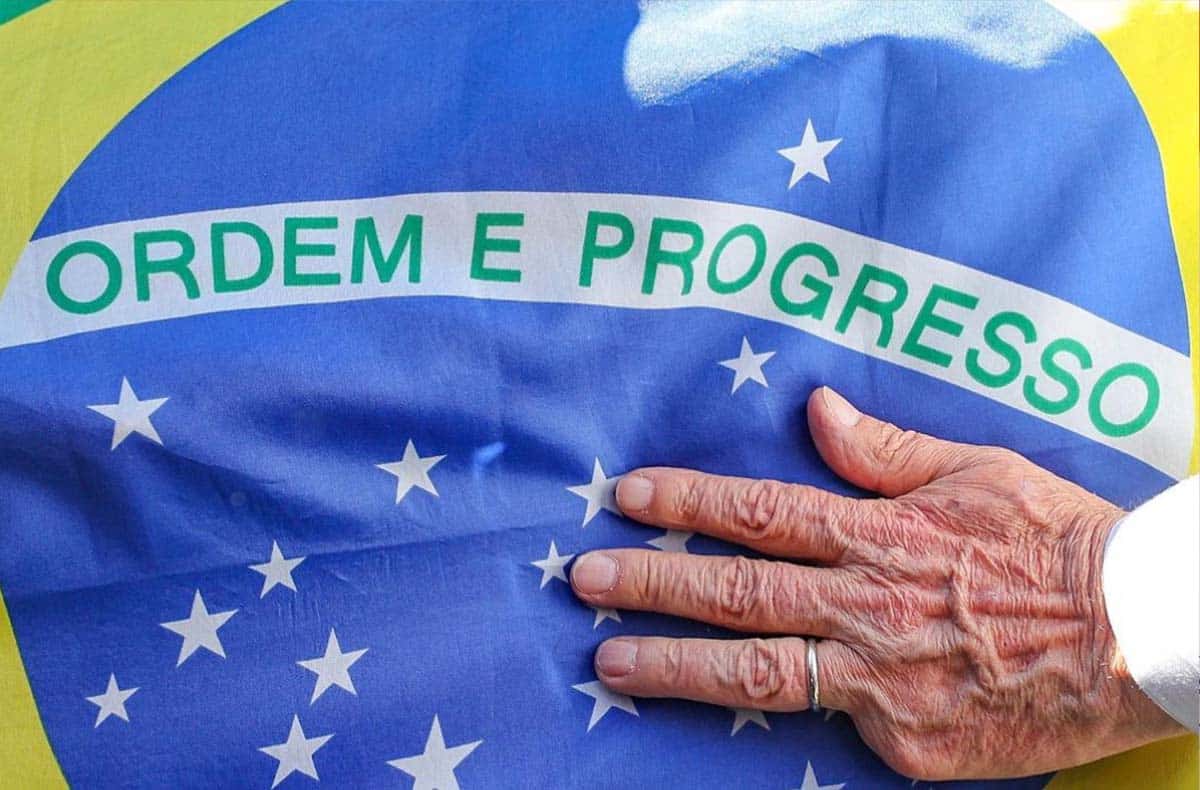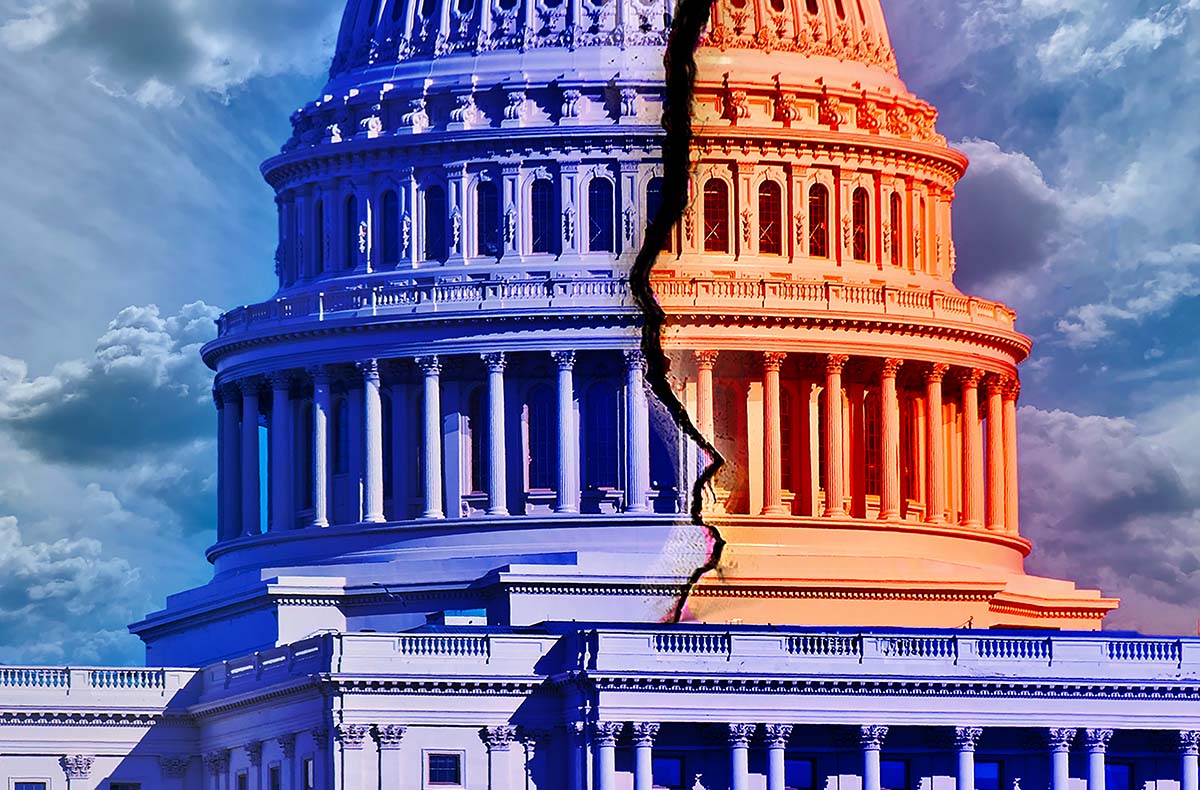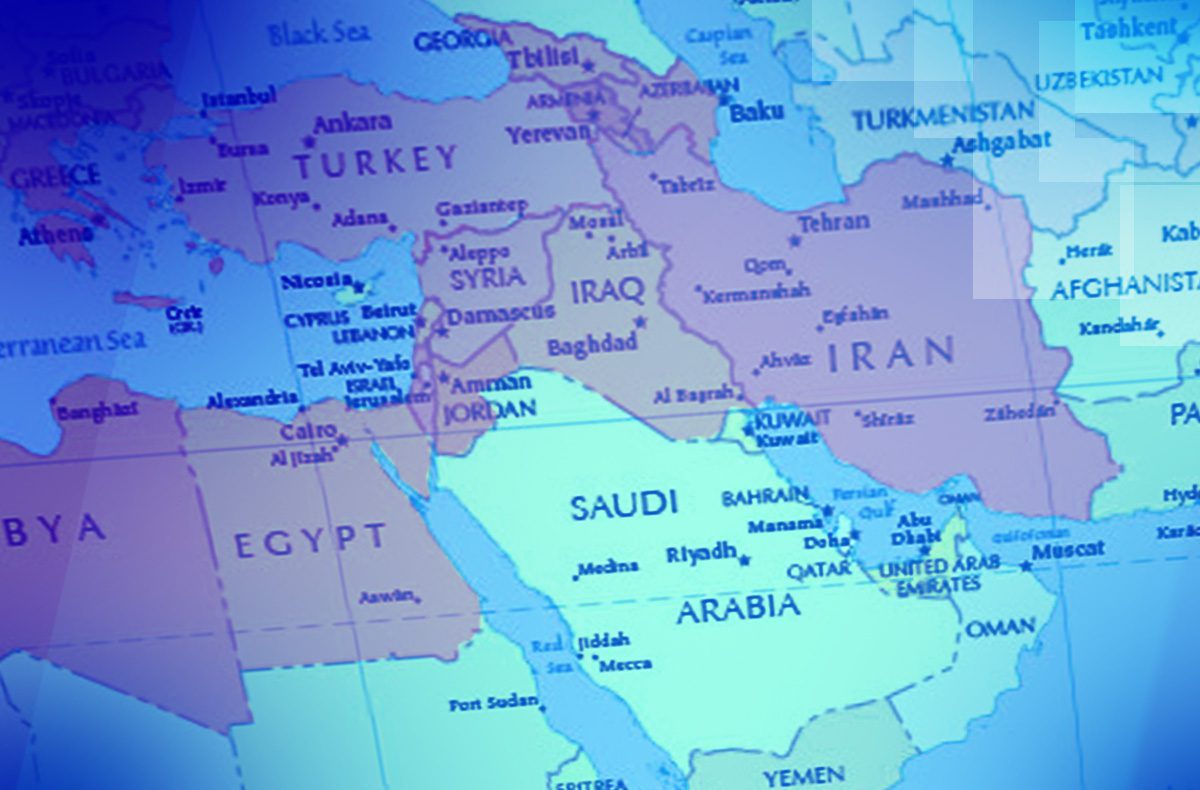
The victory of Lula Da Silva in yesterday’s Brazilian Presidential election is not only of huge importance to the country’s future (and that of the wider region, given Brazil’s size and geopolitical significance), but provides a stark illustration of the choice facing people across the world: between an approach built to spread division and destruction and one that seeks to address the defining issues of our era for the benefit of all.
Jair Bolsonaro’s election four years ago was a deeply alarming development for progressives internationally, but particularly those in Brazil who knew all too well the politics he represents. A strong supporter of the former military dictatorship which ruled for more than two decades (following a US-backed coup against President João Goulart of the Brazilian Labour Party in 1964), Bolsonaro began his career in the army, and rose to the rank of General. He left the military to enter politics in Rio de Janeiro in the troubling wake of a case in which he was accused of conspiring to plant bombs following the restoration of electoral democracy.
Eventually becoming a member of the country’s national Congress, Bolsonaro built his career on championing a far-right message which targeted Black and indigenous communities (lamenting that it was “a shame that the Brazilian cavalry hasn’t been as efficient as the Americans, who exterminated the Indians”), women (telling Workers’ Party representative Maria do Rosário that she was “too ugly to rape”), LGBT people (claiming that he would “prefer my son die in an accident than be gay”), and organised labour (declaring “reds” should “leave the country or go to jail” and that prominent social movements should be treated as “terrorist organisations”).
His tenure as President illustrated what these politics offer in practice. Few examples have been as catastrophic as his response to the COVID-19 pandemic, with over 688,000 people confirmed to have died whilst he posted videos online dismissing the virus as “a little flu” and refused to offer any kind of meaningful co-ordinated response or support—leading to a situation described as a “living hell” in a report by Head of International Development at Kings’ College London Alfredo Saad Filho and Fernanda Feil of the Fluminense Federal University. An inquiry commissioned by Brazil’s Senate last year concluded that he should face charges of crimes against humanity for his handling of the crisis.
Whatever his pretenses of championing “populism,” Bolsonaro’s economic agenda shamelessly championed elites at the expense of the majority. Labour “reforms” have amounted to one attempt to roll back workers’ rights after another, social security programmes for retired and disabled people suspended, the minimum wage cut (by executive order), and—especially concerningly for the rest of the world—he oversaw rapidly increasing levels of deforestation in the Amazon. This environmental pillaging ensures that corporate interests are allowed to run riot. Analysis from the environmental website Carbon Brief found that this trend of deforestation could fall by as much as 89% if he was defeated, and Lula pledged to “fight for zero deforestation” in his victory speech, declaring that “Brazil is ready to resume its leading role in the fight against the climate crisis.”
Unsurprisingly, Bolsonaro’s reactionary policies were met with huge opposition, his tenure marked by various strikes and mass mobilisations. But being outspoken in criticising this agenda is something few took the decision to do lightly, given the disturbing pattern of violence towards prominent progressive campaigners, including the assassinations of Rio de Janeiro Councillor Marielle Franco and local Workers’ Party Treasurer Marcelo de Arruda in Foz do Iguaçu.
Attempts to repress and delegitimise the Brazilian left were key to creating the conditions that allowed Bolsonaro to gain office in the first place. In 2016, less than halfway into her second term as President after re-election, Dilma Rousseff was impeached and removed from power by the Senate, in what became known as a “constructional coup” over allegations of corruption (which were later dismissed by the Supreme Court). One of those who voted in favour of her ousting was Bolsonaro himself, who dedicated his vote to “the memory of Col Carlos Alberto Brilhante Ustra,” head of a unit that carried out the brutal torture of Rousseff and other political prisoners in the early 1970s, during the era of the dictatorship.
The short-lived and spectacularly unpopular tenure of Michel Temer followed: implementing a series of austerity measures despite never having been elected to the Presidency saw his approval rating slump to as low as 5%. All polling evidence ahead of the next election in 2018 suggested a strong lead for Lula, who had previously been in office from 2003-10 and maintained a huge support base. However, his candidacy was blocked after he was convicted and jailed as part of “Operation Car Wash,” another nominally anti-corruption investigation. Ironically, the Judge in this case, Sergio Moro was later appointed as Justice Minister by Bolsonaro- leaked messages later showed he had improperly colluded with prosecution lawyers. Lula’s conviction was overturned, and both Brazil’s Supreme Court and the United Nations found that Moro had shown bias against him throughout the trial.
This meant that he could not be kept off the ballot for 2022—and after coming within less than 2% of winning the election outright in the first round and helping the Workers’ Party gain 10 million votes in the first round, the run-off vote saw him elected once again (the first time in Brazilian history that an incumbent President seeking a second term has been defeated). Unsurprisingly, there is widespread fear that Bolsonaro is not likely to go quietly. He has repeatedly questioned the validity of Brazil’s electronic voting machines, encouraged his supporters to purchase arms, and called for the military to be involved in verifying results. There were also multiple complaints in poorer areas (traditionally strongholds of the Workers’ Party) of excessively long queues at polling stations in the first round of voting, and the day of the run-off saw numerous road blockades carried out by the Federal Highway Police, who had received a significant funding increase in recent years (and faced numerous allegations of carrying out torture and unlawful killings). At the time of publication, he has still yet to officially concede.
It’s vital that the labour movement and progressives in Britain offer their solidarity to those defending democracy and social progress in the period ahead. There has been a strong track record on this issue: Young Labour awarded Lula their Honorary Presidency while he was imprisoned (an act he later personally thanked them for); Geoffrey Robertson served on his legal team; MP for Leeds East Richard Burgon put down an Early Day Motion calling on the British government to clearly oppose any attempt to undermine the electoral process, the TUC have prioritised support for Brazilian workers; and the Brazil Solidarity Initiative has consistently campaigned right back since the run-up to the coup against Dilma Rousseff in 2016.
Shortly after being elected as President for the first time, Lula stated that “my greatest desire is that the hope which has overcome fear in my country will help vanquish it around the world.” Within minutes of his most recent victory he posted on his social media accounts that “the new Brazil that we will build from January 1st is not only of interest to the Brazilian people, but to all people who work for peace, solidarity and fraternity, anywhere in the world.” As he and the millions who made this result possible prepare to do their utmost to shape the future, all those who believe a better path is possible should offer their support.



